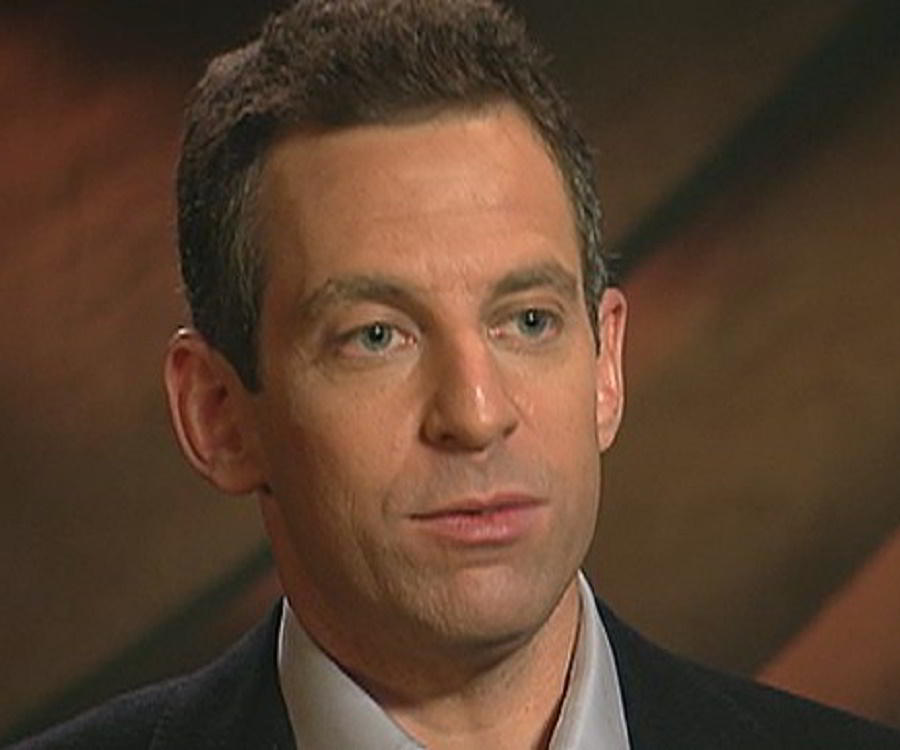

If so, though, how do you explain the fact that I’ve publicly said things, right on this blog, several orders of magnitude likelier to get me in trouble than “I’m scared about AI destroying the world”-an idea now so firmly within the Overton Window that Henry Kissinger gravely ponders it in the Wall Street Journal? Is the answer simply that I’m too much of an academic conformist, afraid to endorse anything that sounds weird or far-out or culty? I certainly should consider the possibility.
#Sam harris ted talk ai transcript full#
Given the new reality, and my full acknowledgment of the new reality, and my refusal to go down with the sinking ship of “AI will probably never do X and please stop being so impressed that it just did X”-many have wondered, why aren’t I much more terrified? Why am I still not fully on board with the Orthodox AI doom scenario, the Eliezer Yudkowsky one, the one where an unaligned AI will sooner or later (probably sooner) unleash self-replicating nanobots that turn us all to goo? The crucial difference is that quantum computers won’t be useful until they can beat the best classical computers on one or more practical problems, whereas an AI that merely writes or draws like a middling human already changes the world. There’s spectacular engineering progress on both fronts. Or to say it more carefully: yes, quantum computers really are able to do more and more of what we use classical computers for, and AI really is able to do more and more of what we use human brains for. But whereas I’d say events have largely proved me right about quantum computing-where are all those practical speedups on NISQ devices, anyway?-events have already proven many naysayers wrong about AI.


No doubt these colleagues feel the same deep frustration that I feel, as I explain for the billionth time why this week’s headline about noisy quantum computers solving traffic flow and machine learning and financial optimization problems doesn’t mean what the hypesters claim it means. Many of my brilliant academic colleagues still haven’t adjusted to the new reality: maybe they’re just so conditioned by the broken promises of previous decades that they’d laugh at the Silicon Valley nerds with their febrile Skynet fantasies even as a T-1000 reconstituted itself from metal droplets in front of them. Every week now, it seems, events on the ground make a fresh mockery of those who confidently assert what AI will never be able to do, or won’t do for centuries if ever, or is incoherent even to ask for, or wouldn’t matter even if an AI did appear to do it, or would require a breakthrough in “symbol-grounding,” “semantics,” “compositionality” or some other abstraction that puts the end of human intellectual dominance on earth conveniently far beyond where we’d actually have to worry about it.


 0 kommentar(er)
0 kommentar(er)
